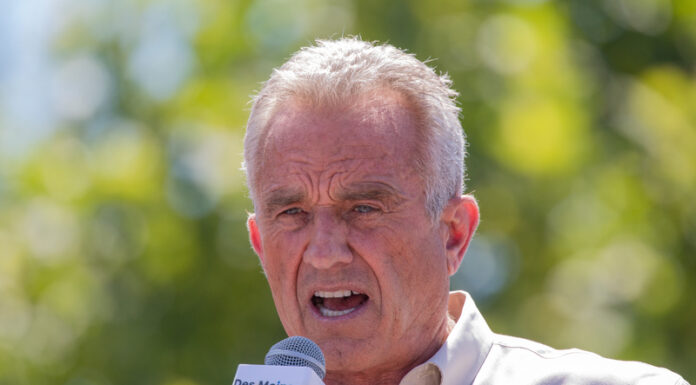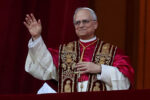During a congressional hearing on Wednesday, May 14, 2025. Health and Human Services Secretary Robert F. Kennedy Jr. encountered criticism from lawmakers for his reluctance to endorse vaccines for preventable childhood diseases. The United States has faced its most severe measles outbreak in decades. Kennedy faced direct questions from lawmakers, including a query from Rep. Mark Pocan (D-Wis.) about whether he would vaccinate his children against measles today. Kennedy hesitated before responding, “Probably for measles.” He also made an incorrect statement regarding chicken pox vaccines in Europe and avoided directly answering questions about polio.
“I don’t want to be giving advice,” Kennedy remarked to the committee. “I don’t think people should be taking medical advice from me. Everybody can make that decision.”
Amid the hearings, Kennedy faced bipartisan scrutiny over significant staffing reductions. Rep. Mike Simpson (R-Idaho) questioned Kennedy’s stance against water fluoridation, raising concerns about potential adverse impacts on dental health.
The hearings were also marked by protests from public health advocates and AIDS activists, who disrupted proceedings to voice their opposition to Kennedy’s policies and previous statements.
The discourse unfolded as the nation contends with a rapidly expanding measles outbreak. As of May 14, 2025, over 1,000 measles cases have been reported across 31 states, representing the largest outbreak in 25 years, with Texas experiencing more than 500 cases. The outbreak has resulted in the deaths of at least three unvaccinated individuals, including two children in Texas.
Rep. Rosa DeLauro (D-Conn.) expressed frustration with Kennedy’s responses, reminding him of his role as the nation’s top health official. “HHS makes medical decisions every day. You’re making medical decisions every day. You’re the secretary of HHS,” DeLauro stated. “You have tremendous power over health policy. I’m really horrified that you will not encourage families to vaccinate their children.” DeLauro emphasized the importance of vaccination in protecting public health.
Kennedy’s ambiguous stance on vaccines follows months of what public health experts have termed “doublespeak.” In March, as measles cases rose, Kennedy co-authored an op-ed advocating for vaccines as protective against measles and beneficial for community immunity. Simultaneously, he described vaccination as “a personal decision” and promoted unproven treatments like vitamin A supplementation.
Healthcare providers have expressed concern over Kennedy’s endorsement of alternative treatments. NPR reported that several children in West Texas were hospitalized due to vitamin A toxicity after Kennedy’s public remarks on the vitamin’s purported benefits against measles.
Before his appointment, Kennedy was known for spreading debunked claims about vaccines, including the false assertion of a link between vaccines and autism. He previously led Children’s Health Defense, an anti-vaccine group that unsuccessfully challenged New York’s school vaccine requirements during a 2019 measles outbreak.
The current outbreak predominantly affects unvaccinated groups. The Texas Department of State Health Services indicates that less than 2% of confirmed measles cases occurred in vaccinated individuals. Public health officials consistently assert that the measles, mumps, and rubella (MMR) vaccine is safe and effective, with two doses providing approximately 97% protection against the disease.
Former HHS Secretary Alex Azar’s approach during the 2019 measles outbreak contrasted with Kennedy’s current position. Azar had clearly stated: “We cannot say this enough: Vaccines are a safe and highly effective public health tool that can prevent this disease and end the current outbreak.”
As the outbreak spreads, Kennedy’s testimony has complicated the federal response to the escalating public health crisis. With cases rising at their fastest pace in decades, many health experts fear the potential reemergence of endemic measles in the United States, which could reverse one of the nation’s most significant public health accomplishments of the last century.
Robert F. Kennedy Jr.’s educational background is not traditionally aligned with the typical Secretary of Health and Human Services qualifications. His credentials include a Bachelor of Arts from Harvard University (1976), a Juris Doctor (JD) from the University of Virginia School of Law, and a Master of Laws (LLM) in environmental law from Pace University. He is an environmental attorney and was a professor of environmental law. He lacks formal medical or public health education or experience, rendering his appointment to HHS notably controversial, particularly given his history as a prominent vaccine skeptic.








